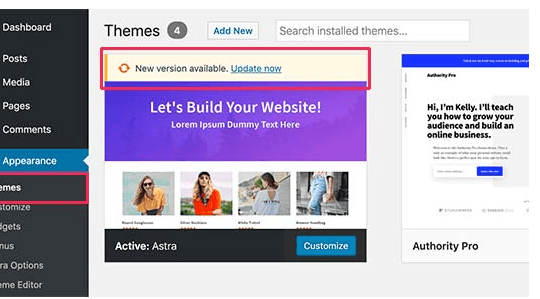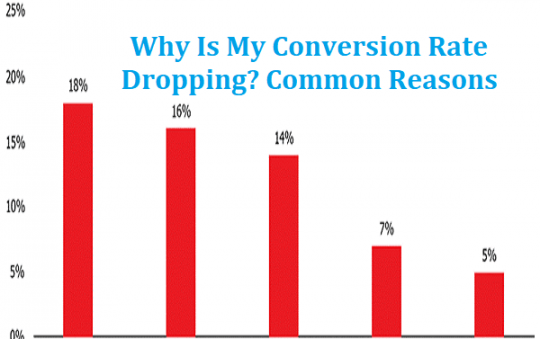In today’s fast-paced world, businesses are grappling with complex data structures and burgeoning information that needs fine-tuning for effective use. The influx of data demands novel techniques to extract the right and timely information critical to business success. Missing, obliterated, or late information is tantamount to a severe setback to a business’s operations or decision-making process. Enterprise search software comes in handy to solve this information dilemma, presenting a strategic tool that businesses can employ to handle their data. Keep reading to delve into how you can choose the right tool that best suits your business needs.
Contents
Understanding Search Software

Broadly speaking, search software is a tool designed to help businesses organize, manage, and retrieve their seemingly insurmountable data into useful, meaningful information. This comprehensive tool scans and indices various data sources, effectively sifting through scores of unstructured or structured data in a swift, user-friendly manner. Imagine the mammoth task of turning a myriad of complex data into digestible units of info that would normally take an inordinate amount of time and human resources. Well, the software is built to do just that.
In essence, the utility of search software is hinged on its ability to perform superior information retrieval tasks. It employs various techniques including text analytics, Natural Language Processing (NLP), and machine learning algorithms to interpret, analyze, and present relevant search results. Therefore, choosing the right tool calls for an in-depth understanding of its working principle, and how best it can translate to your specific business need.
Defining Your Business Needs
By far, having a clear set of business needs is the first and the most crucial step when selecting search software. The software should ultimately meet your business requirements. These requirements, however, depend on the nature of your business, its size, structure, and the kind of data you handle on a daily basis. For instance, if your business is data-driven, search software that can handle a vast amount of data would be ideal.
Additionally, your employees’ capabilities should not be overlooked. If they have no prior knowledge or understanding of how the software works, you will want to consider one that is user-friendly or offers training services. More fundamentally, the search software should be able to seamlessly integrate with other existing systems for maximum productivity and effective utilization.
Exploring Market Offerings
There is a bevy of entities that manufacture search software, each claiming supremacy in its features and capabilities. While these options offer businesses a wide range to choose from, the process could be a bit overwhelming and confusing. To put it into perspective, a good understanding of the market offerings necessitates detailed comparisons and contrasts of various software before landing on the best.
Typically, market exploration could be as simple as carrying out online searches on various search software or as detailed as seeking expert advice from consultancy firms. Whatever your preferred method, one thing should remain clear; the selected software should possess important features necessary to meet your predefined business needs. These features could range from data capacity, search speed, data security, user-friendliness, training and support services, and integration capabilities, amongst others.
Deploying the Search Software
With the planning phase complete, the deployment phase begins. In essence, deployment refers to the stage at which the search software is installed and integrated into the business’s systems. Interestingly, the deployment process differs from one organization to another. For some, it might be a simple, straightforward installation procedure, while for others, a bit complex, depending on the nature of the search software you have chosen.
Despite the possible differences, there are common factors that every organization should take into account during the deployment stage. For instance, every effort should be made to ensure seamless integration of the software with the existing business systems. Equally essential is the training of the software users. No matter how sophisticated or advanced the software may be, failure to technological literacy among users would result in software underutilization.
Also read: Search Google Or Type A URL? Which Is Better For Searching?
Evaluating the Software’s Performance

Finally, after successful installation and usage, it’s crucial to assess the search software’s performance continually. Periodic evaluations will provide insights into the tool’s practicality, user interaction, and integration into the company’s structure, providing an opportunity for improvement. How well has the software performed compared to the intended goals? What challenges are emerging, and how can they be addressed? These are important questions that need to be answered for better productivity.
Altogether, it is abundantly clear that choosing the right search software goes beyond mere preference or price tag. It is a strategic choice that begins with understanding what your business needs, and what the market offers and coming up with an implementation and evaluation plan. We hope this guide has provided you with useful insights toward making an informed and beneficial choice in your next search software.




